Welcome to our Friday Weekend Edition show. Joining Kerby around the table today are Penna Dexter and Kelly Shackelford. Together they will look at the top stories in the news this week and give you their point of view. Call us in-studio on 800-351-1212 to share your view.
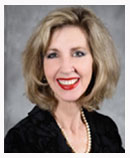
For eight years she served as Marlin Maddoux’s co-host on Point of View and for two years she co-hosted a daily drive time live broadcast on the Dallas-based Criswell Radio Network.
Penna’s interest in conservative politics and the issues that affect the family began when she was a child working on political campaigns with her parents. She graduated from the University of Southern California with a degree in International Relations. She spent 8 years in the banking industry. She and her husband Todd have three children who are in their twenties. They are members of Trinity Presbyterian Church.
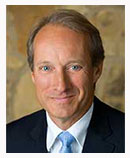

Four years ago, many Americans observed the state of religious freedom in the military and considered it all but gone. And for good reason.
With the Obama administration flooding the armed forces with political correctness, many service members felt compelled to hide their faith. Others who did express their beliefs were punished or falsely accused of bigotry. At the same time the Military Religious Freedom Foundation, led by anti-religious freedom activist Mikey Weinstein — an organization that advocates anything but true religious freedom — launched repeated attacks against innocent expressions of faith.
Even though things looked bleak, First Liberty’s attorneys understood then what they continue to understand today: it’s unfair, even cruel, to ask men and women who lay their lives on the line for America’s freedom to be denied their most basic right: religious liberty.
So First Liberty fought back, and started winning.
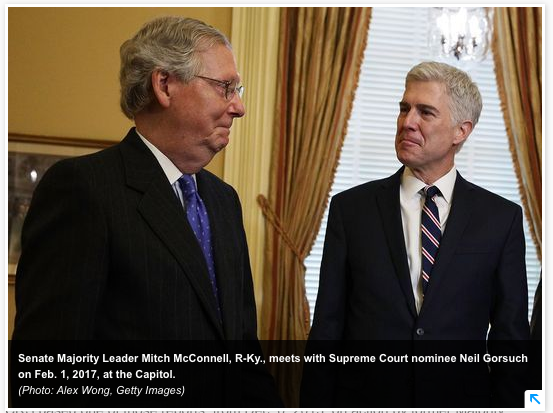
If Supreme Court nominee Neil Gorsuch doesn't get 60 votes later this week — the showdown will probably be Thursday — to overcome a Democratic filibuster of his nomination, Republican leaders will likely move quickly to change Senate rules to confirm him without the need for a single Democratic vote.
The change is called the "nuclear option" because it blows up both long-standing rules and bipartisanship in a chamber that has traditionally valued both.
It also is a complicated process that only a parliamentarian could love, the subject of two detailed 2013 reports by the non-partisan Congressional Research Service, which helps members of Congress understand congressional procedures.
CRS based one of those reports, from Dec. 6, 2013, on action by former Majority Leader Harry Reid, D-Nev., who used the nuclear option that year to change Senate rules so that lower court judges and Cabinet nominees could be confirmed by a simple majority, scuttling a Republican filibuster. That move by Reid basically laid out a procedural roadmap that Republicans could now follow to get their way on Gorsuch.
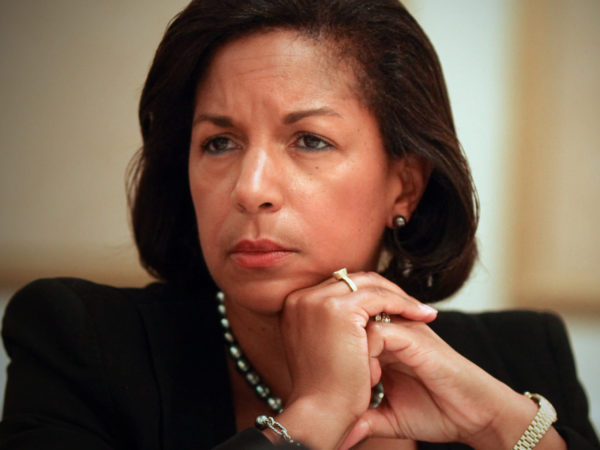
"This is information about their everyday lives," Rep. Peter King of New York, a member of the House Intelligence committee said. "Sort of like in a divorce case where lawyers are hired, investigators are hired just to find out what the other person is doing from morning until night and then you try to piece it together later on.”
On the House Intelligence Committee, only the Republican chairman, Devin Nunes of California, and the ranking Democrat Adam Schiff, also of California, have personally reviewed the intelligence reports. Some members were given broad outlines.
Nunes has consistently stated that the files caused him deep concern because the unmasking went beyond the former national security adviser Mike Flynn, and the information was not related to Moscow.
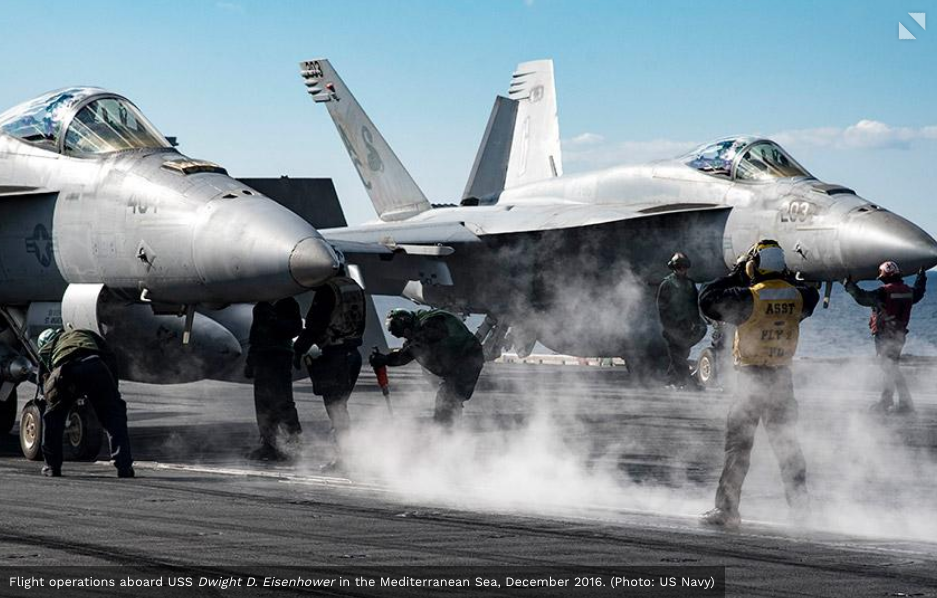
The most dangerous moments in foreign affairs often come after a major power seeks to reassert its lost deterrence. The United States may be entering just such a perilous transitional period.
Rightly or wrongly, China, Iran, North Korea, Russia, and Middle East-based terrorists concluded after 2009 that the U.S. saw itself in decline and preferred a recession from world affairs. In that void, rival states were emboldened, assuming that America thought it could not — or should not — any longer exercise the sort of political and military leadership it had demonstrated in the past. Enemies thought the U.S. was more focused on climate change, United Nations initiatives, resets, goodwill gestures to enemies such as Iran and Cuba, and soft-power race, class, and gender agendas than on protecting and upholding longtime U.S. alliances and global rules.
 Listen Online
Listen Online Watch Online
Watch Online Find a Station in Your Area
Find a Station in Your Area


 Watch Now
Watch Now Listen Now
Listen Now 
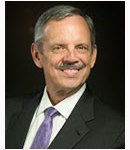






 Listen Now
Listen Now Watch Online
Watch Online
